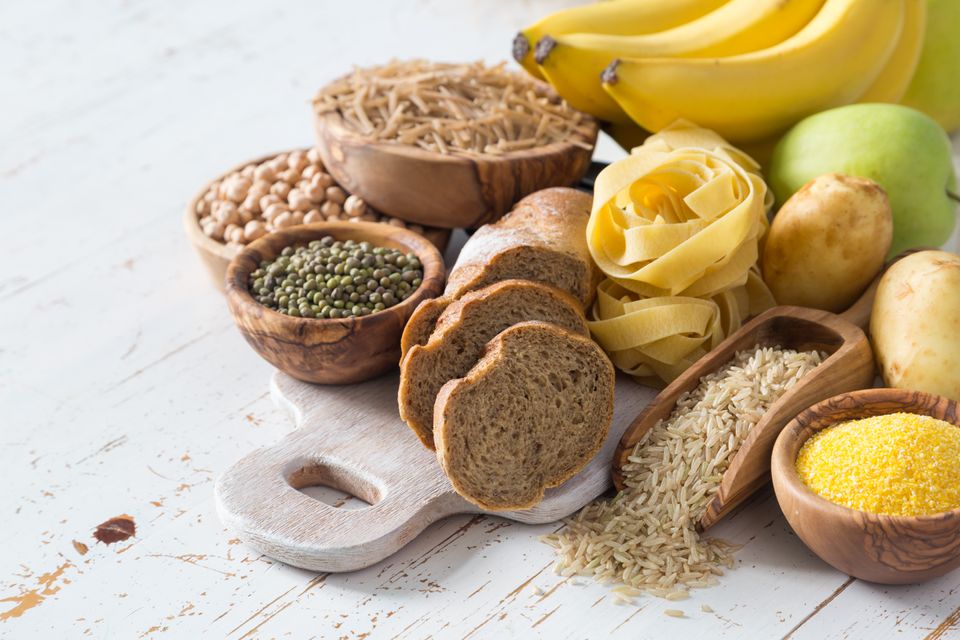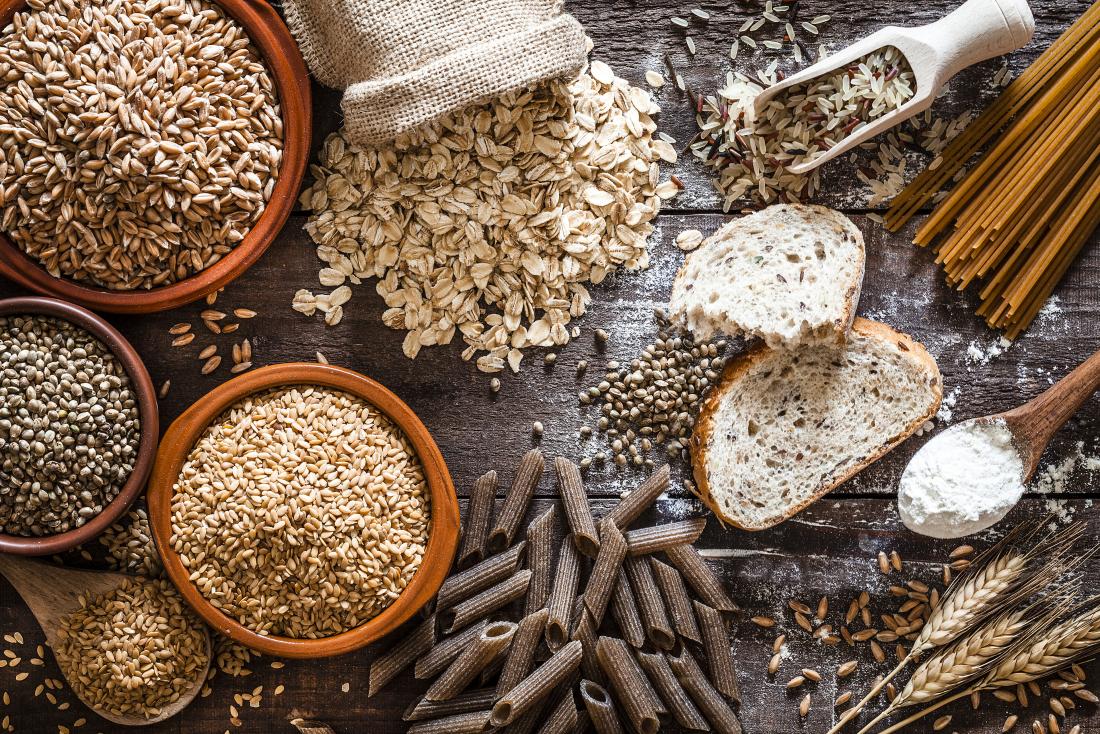Fuel up with Smart Carbs: Power Your Body and Mind

Carbohydrates have gotten a bad rap lately, with many people believing they should avoid them at all costs. But let me set the record straight: Carbs are your friends!
Yes, you heard that right. And the more active you are, the better a friend they'll be. So, let's dive into the science behind smart carbs and how you can make better carbohydrate choices to fuel your body and enjoy a vibrant, healthy life.
Here's the truth: Cutting carbs too low for too long can leave you feeling depleted, anxious, and even lead to hormonal imbalances. We want better carbs, not fewer carbs necessarily. And that's where smart carbs come into play. Research of thousands of women have shown that smart carbs are a valuable part of most people's diets, even for those with hormonal or metabolic issues.
Now, let's get practical and explore two smart carb experiments you can try: the Switch and Substitute tricks.
Experiment 1: Switch to Smarter Carbs

Take a look at your daily routine and menu. Can you identify opportunities to substitute some smarter carbs or make your regular meals a little bit better? For example, try incorporating whole grains like brown or wild rice, quinoa, oats, buckwheat groats, or sprouted grains into your side dishes.
- Include whole grains like brown or wild rice, quinoa, oats, or buckwheat in your side dishes.
- Opt for beans/legumes or sweet and regular potatoes as alternatives.
- Choose whole-grain alternatives to processed white flour products, such as Ezekiel bread.
- Introduce legumes into your meals, such as black bean chili or chickpea hummus.
- Replace fried potatoes with boiled or baked options.
- Swap regular sugary breakfast cereal with steel-cut or old-fashioned oats.
Experiment 2: Substitute Smart Carbs for Sugar

Take a closer look at the refined-sugar carbs in your diet. Can you find healthier alternatives? Instead of cakes, pastries, or muffins made with white flour, try higher-fiber flours like quinoa, buckwheat, coconut, or brown rice flour. Consider baking with sweet potatoes for added nutrients.
- Trying higher-fiber flours like quinoa flour, buckwheat flour, coconut flour, or whole-wheat flour when baking cakes, pastries, or muffins.
- Exploring protein bars that use smarter carb sources.
- Opting for ice cream alternatives or enjoying fruit as a sweet treat.
- Choosing unsweetened dried fruit as a substitute for candies and sweets.
- Opting for fresh-squeezed orange juice instead of prepackaged fruit juices.
Remember, these smart carb experiments are about finding what works for you. Start with small adjustments and gradually challenge yourself to improve the quality of your carb intake. Listen to your body and make choices that align with your nutritional level.
So, fuel up with smart carbs, nourish your body, and explore a world of delicious possibilities. Play the Smart Carbs Game at your desired difficulty level and see how it enhances your energy, vitality, and overall well-being. And most importantly, have fun along the way.
Still stuck?
Here are 10 excellent sources of smart carbs that you can incorporate into your diet:

- Fruits: Choose a variety of fresh or frozen fruits such as berries, apples, oranges, bananas, and melons. They provide natural sugars, fiber, and an array of essential vitamins and minerals.
- Sweet Potatoes: These nutrient-dense tubers are rich in fiber, antioxidants, and vitamins A and C. They make a delicious and satisfying carbohydrate option.
- Quinoa: Considered a complete protein, quinoa is also a fantastic source of complex carbohydrates. It contains fiber, iron, magnesium, and various other nutrients.
- Oats: Steel-cut or old-fashioned oats are an excellent choice for a nourishing breakfast. They are high in fiber, provide sustained energy, and can be paired with fruits, nuts, or seeds for added nutrients.
- Brown Rice: This whole grain is a healthier alternative to refined white rice. Brown rice retains its bran and germ, providing more fiber, vitamins, and minerals.
- Legumes: Beans and legumes such as lentils, chickpeas, black beans, and kidney beans are not only rich in complex carbohydrates but also a great source of protein, fiber, and various micronutrients.
- Whole Wheat Bread: Opt for bread made from whole wheat or whole grains rather than refined white bread. Look for options that have minimal processing and contain whole grain flour.
- Buckwheat: Despite its name, buckwheat is not related to wheat and is gluten-free. It is an excellent source of complex carbs, fiber, and minerals like manganese and magnesium.
- Barley: This ancient grain is packed with fiber, B vitamins, and minerals. It has a nutty flavor and chewy texture, making it a great addition to soups, salads, or pilafs.
- Millet: Millet is a gluten-free grain that is rich in fiber, protein, and essential nutrients like magnesium and phosphorus. It has a slightly sweet and nutty flavor.
Until tomorrow, have a carb-licious day!